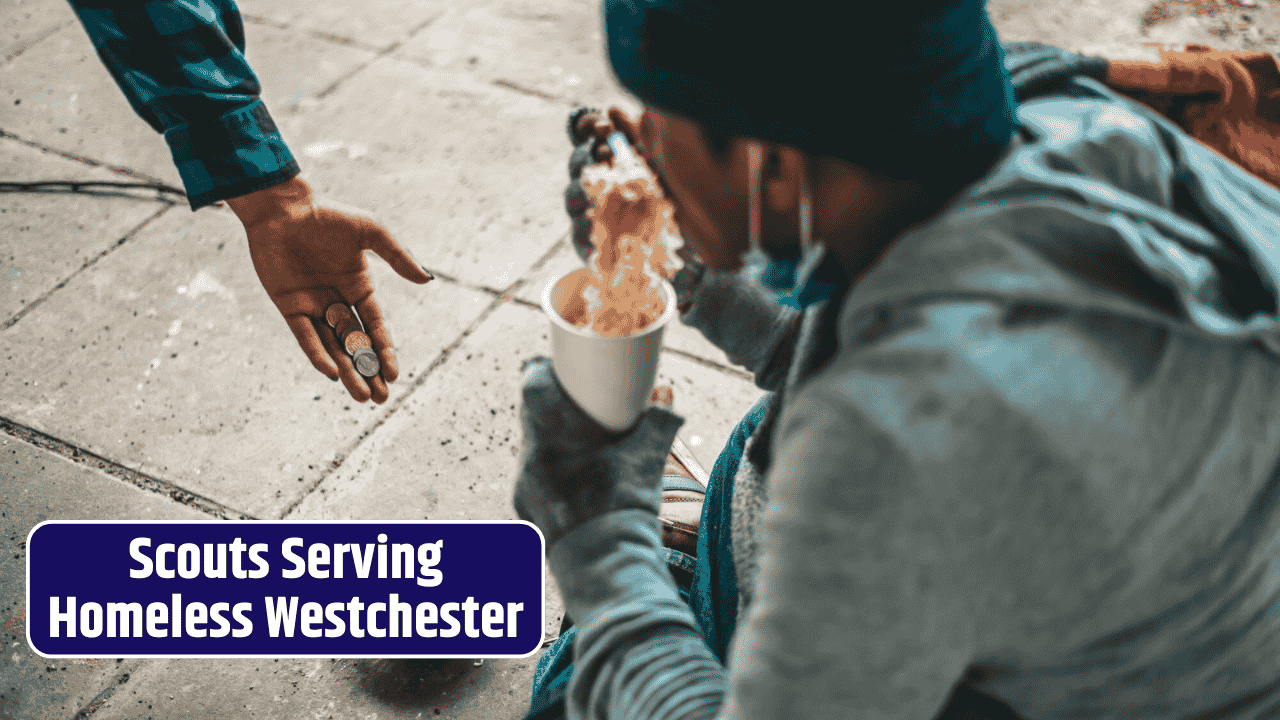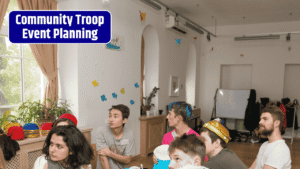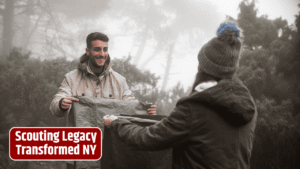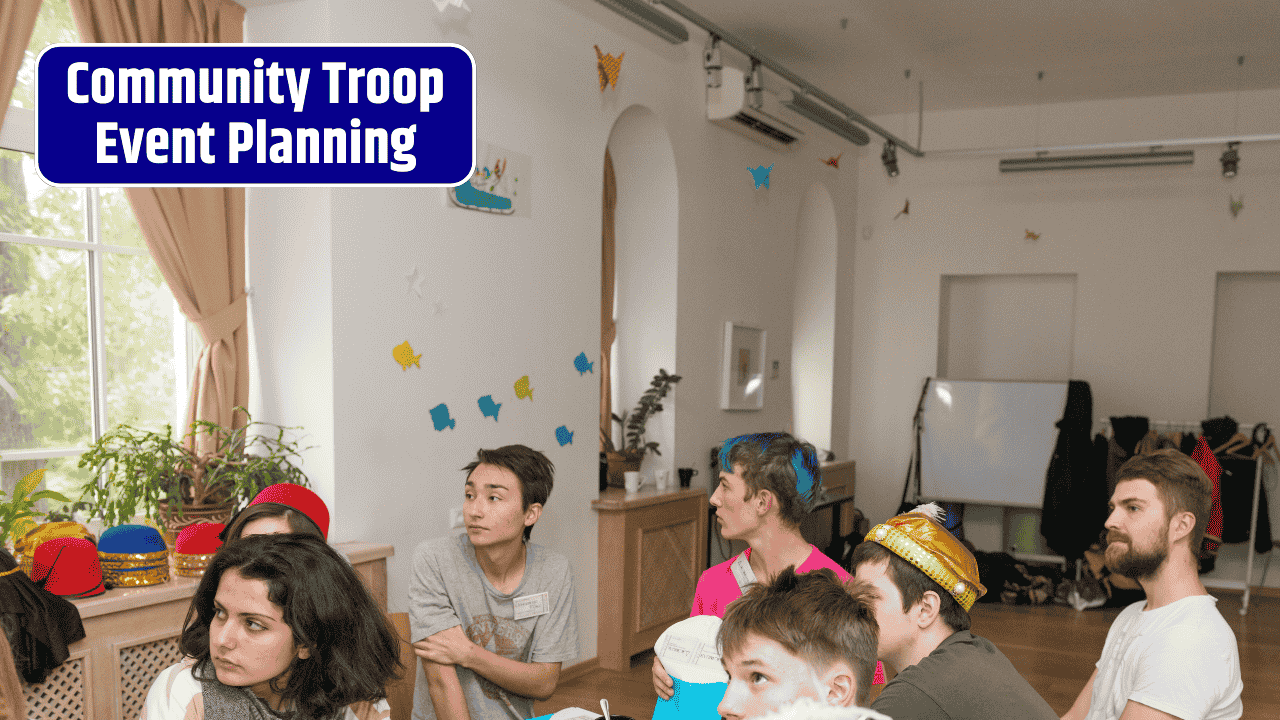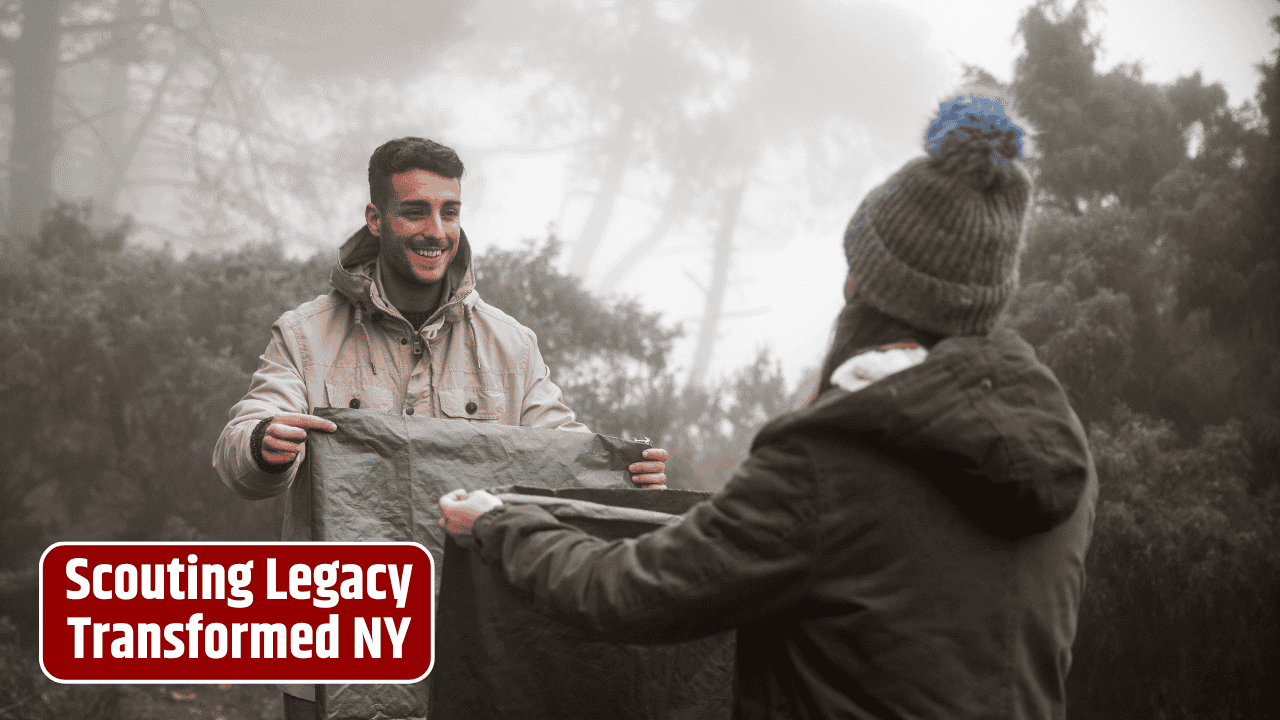Across Westchester County, local Scout troops are stepping up in meaningful ways to help those experiencing homelessness. Through a mix of service projects, donation drives, and hands-on outreach, these young volunteers are making a real impact in their communities—proving that leadership and compassion often begin at a young age.
Partnering with Local Shelters and Organizations
Westchester Scouts have built strong partnerships with nonprofit organizations, shelters, and food pantries to amplify their efforts. Groups like Lifting Up Westchester, Open Arms Shelter, and Midnight Run frequently collaborate with Scout troops to deliver essentials like food, clothing, and hygiene products.
These partnerships allow Scouts to support structured programs while learning about the causes of homelessness and how systemic issues can impact individuals and families. By working closely with social workers and shelter staff, Scouts get a deeper understanding of the services needed—and how their help can make a difference.
Donation Drives and Supply Kits
One of the most common ways Scouts are serving the homeless is through coordinated donation drives. Troops organize community-wide efforts to collect critical supplies such as:
| Item | Purpose |
|---|---|
| Warm clothing | Keeps individuals protected during cold months |
| Hygiene kits | Includes soap, toothbrushes, sanitary items |
| Non-perishable food | Provides nourishment to those without access |
| Blankets and sleeping bags | Offers comfort and warmth outdoors |
| Backpacks | Helps carry essentials easily |
Once collected, these items are sorted into kits and distributed directly to those in need or delivered to local shelters.
Volunteering and Direct Outreach
Many Scouts go beyond donation drives by participating in direct outreach. Programs like Midnight Run, a volunteer-led effort based in Dobbs Ferry, organize late-night runs into New York City and local areas to deliver food and supplies directly to the homeless. Scouts often help prepare meals, pack supplies, and even participate in the distributions—gaining first-hand experience in service and empathy.
Others volunteer at soup kitchens and shelter facilities, offering help with meal prep, cleaning, or even tutoring children in transitional housing. These experiences not only benefit the community but also foster leadership and civic responsibility in the Scouts themselves.
Earning Merit Badges Through Service
Many of these initiatives tie directly into merit badge requirements, especially those related to Citizenship in the Community, Community Service, and Personal Management. By aligning projects with badge goals, Scouts stay motivated and see tangible progress in both their personal development and their community contributions.
Additionally, some Eagle Scout projects have focused entirely on helping the homeless—such as building benches or storage units for shelters, or developing mobile supply units to assist outreach programs.
Teaching Empathy and Building Community
Ultimately, these experiences help instill empathy, awareness, and a sense of social responsibility in Scouts. As they learn more about homelessness and its challenges, they often become advocates for policy change and long-term solutions within their schools and communities.
By serving others, these young people are helping build a stronger, more compassionate Westchester—one act of service at a time.
FAQs
How can my child’s troop get involved in helping the homeless?
Start by contacting local shelters or nonprofits like Lifting Up Westchester or Midnight Run. They often have volunteer programs or wish lists that Scout troops can support.
Are these activities safe for young Scouts?
Yes. Most outreach programs offer age-appropriate roles for younger Scouts, such as sorting supplies or helping with food preparation, while older Scouts may participate in more direct service.
Can service to the homeless count toward merit badges or Eagle Scout projects?
Absolutely. Many community service-based badges include options for working with underserved populations, including the homeless.
What’s the most needed item for donation?
Hygiene kits and warm clothing are almost always in high demand, especially during winter months.
Is homelessness a growing issue in Westchester?
Yes, like many regions, Westchester has seen an increase in housing instability. Volunteer efforts help meet immediate needs, but broader solutions require continued community and policy support.
